PV mini-grids provide electricity to 300 villages in Senegal
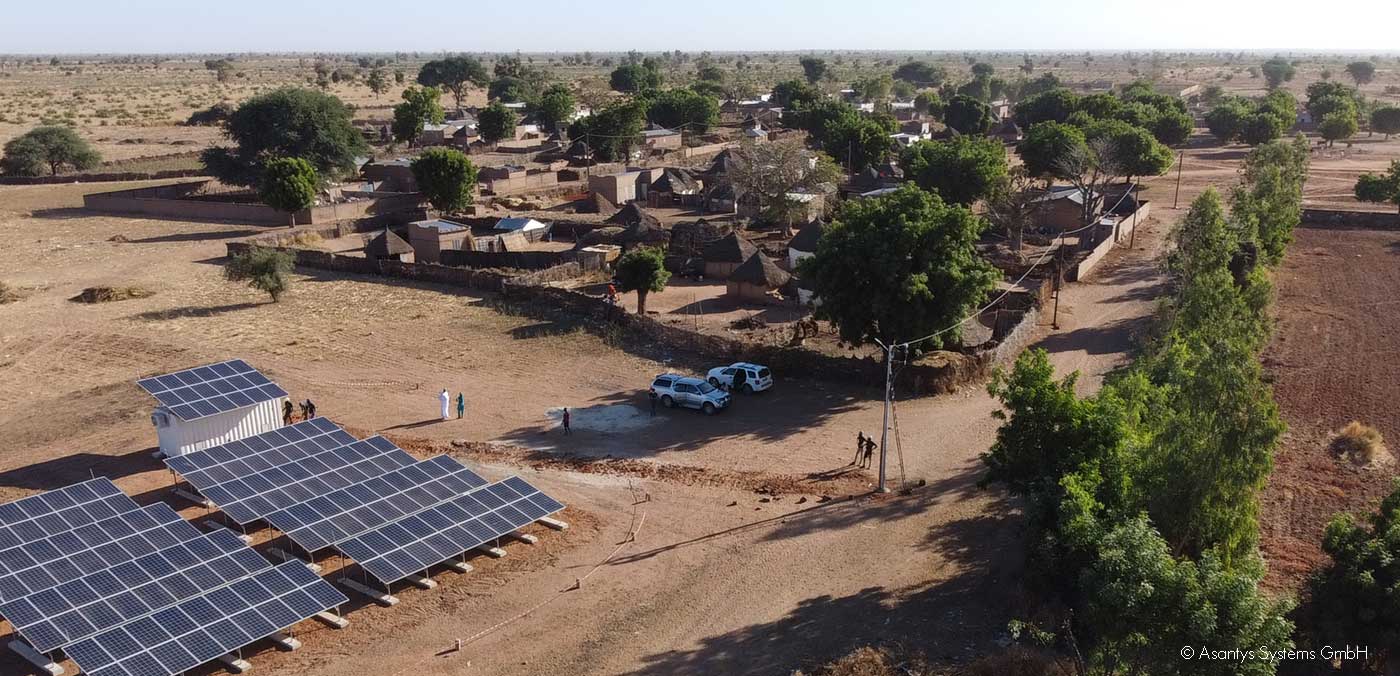
Senegal wants to give its population permanent access to electricity by 2025. However, half of the country’s approximately 17 million residents live in rural areas, sometimes a long way from the national utility grid. The government is therefore looking to decentralized and environmentally friendly energy solutions. The government’s ASER300 project is bringing electricity to 300 villages all around the country with mini-grids, which include PV modules, inverters, batteries, and cooling systems.
Drought, arid and saline soil, lack of rainfall, forest dieback – Senegal is feeling the full impact of climate change. This has consequences that go beyond the population’s health and food security. More and more young people in rural areas are also migrating to big cities in search of better prospects. The agriculture sector, which already has enough problems as a result of climate change, is now also facing a labor shortage. The democratic country on Africa’s west coast has therefore decided to massively expand its infrastructure in order to offer young people better prospects again. One of its aims is to give everyone in Senegal permanent access to the utility grid by 2025. The main focus is on expansion in rural areas, such as with the ASER300 project, which is bringing electricity to 300 villages using mini-grids. Best of all, the technology for the energy supply comes inside a standard shipping container. Once in place, all it needs is sunshine. And there is plenty of that in Senegal.
Solar power for better education and safety
- The village of Diacksao Saolum near the capital Dakar received the first sustainable power supply of the ASER300 project. © Asantys Systems GmbH
- Construction and installation of components on site. © Asantys Systems GmbH
Every village receives its own mini-grid with 15 to 45 kWp of power, including a battery-storage system. “Health and education systems, in particular, stand to benefit,” said Sawdiatou Mbaye, who helps manage the local coordination and communication of the project for Asantys Systems. Critical infrastructure can be in continuous operation, streetlights increase safety at night, and electric water pumps provide clean drinking water. Home appliances, such as refrigerators, can be used non-stop, and smartphones can be charged at all hours.
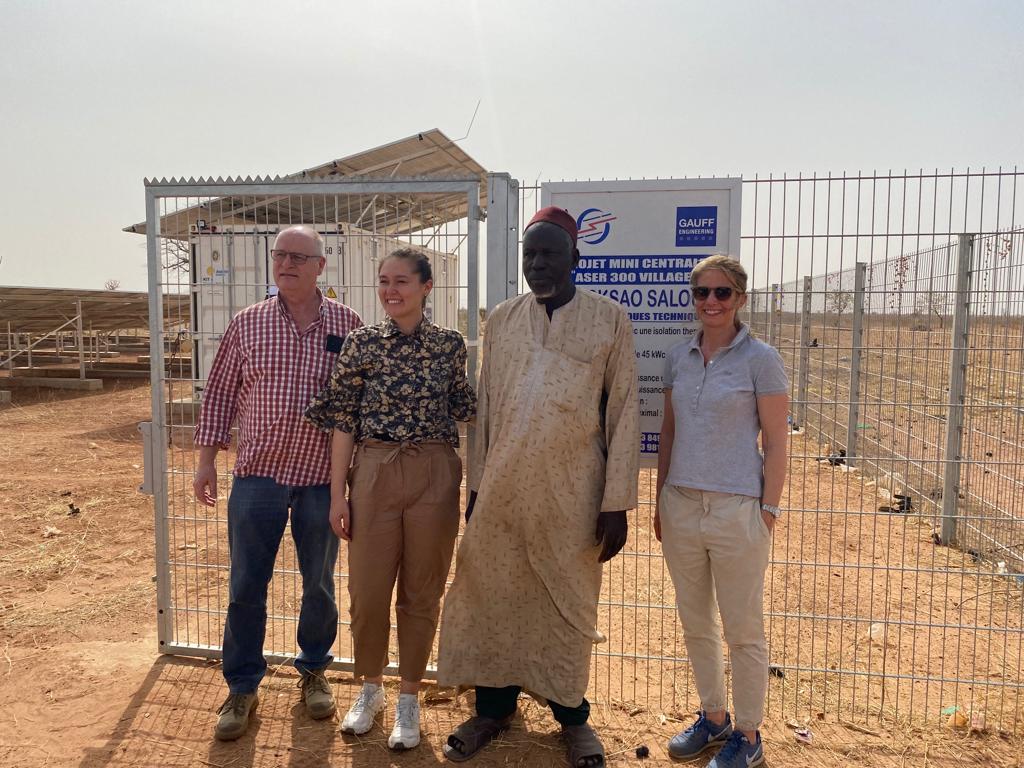
“Productivity increases, and communication, information and training opportunities, in particular, are improved,” ASER300 project director Lutz Ekhoff from GAUFF Engineering said (see picture left side together with a KfW representative, the Mayor of Diacksao Saloum and Modou Mbaye). © GAUFF Engineering
“Productivity increases, and communication, information and training opportunities, in particular, are improved,” said Lutz Ekhoff, ASER300 project director from GAUFF Engineering. Sustainable, local added value is another important component: The mini-grids are set up on-site by local construction firms.
- Meeting in the village to talk about the new power supply. © GAUFF Engineering
- The PV system on the roof provides shade and protects the modules from dust. © Off-Grid Europe
GAUFF Engineering and the German Society for International Cooperation (GiZ) train local qualified persons and electricians to work with photovoltaics and off-grid systems. And if the local electricity demand increases, the systems can be flexibly expanded at any time.
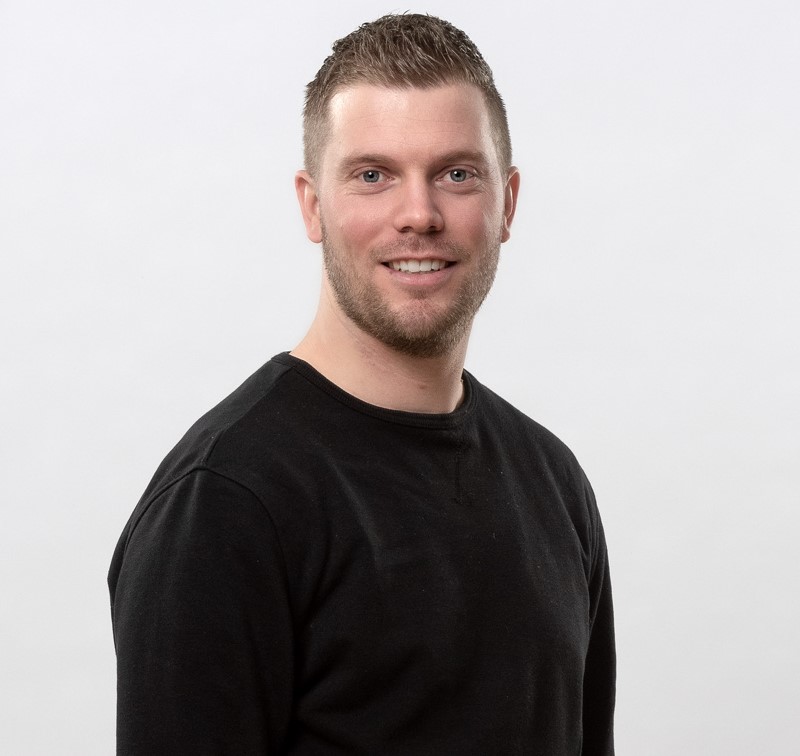
AC coupling of inverters is of advantage in the projects: “If the power requirement in the village increases, the system can be expanded to up to 36 devices at any time,” says Tim Malzfeld from SMA Altenso.
This is why the project purposely chose the AC-connected system instead of the hybrid inverter originally planned. “Even if only two or three appliances are used at first, the system can be expanded to up to 36 appliances at any time,” said Tim Malzfeld from SMA Altenso.
COVID-19 and the “last mile” cause delays but are no obstacle
All villages were supposed to be equipped with the sustainable electricity supply in 2023. But as the container systems left port in Hamburg for Dakar, Senegal’s capital city, in 2020, international supply chains were temporarily paralyzed by COVID-19 lockdowns. Instead of a one- to three-week voyage, depending on the route and stops along the way, it would now take at least four weeks.
The notorious “last mile” also harbors sometimes unforeseen challenges. Lutz Ekhoff has experienced this first-hand: “Off the national highways, most roads are dirt tracks made of sand and laterite, which makes transport and construction logistics more challenging.“ Then comes the rainy season. From April to November, severe weather is a common occurrence in Senegal. The heavy rainfall also affects the transport network, blocking roads or “simply washing them away. Trucks can then get stuck for days, sometimes even weeks,” said Sawdiatou Mbaye.
Magical moments and new stages in life
Mbaye knows the trouble is always worth it, as the installation of the mini-grids often marks the start of a new chapter in the villagers’ lives. For example, in spring 2021 in Diacksao Saloum near Dakar, when one of the first mini-grid systems was set up for the 1,400 villagers. Sawdiatou recalls the “magical moment when the streetlights turned on the first time, and the villagers danced in the light and embraced each other happily.” In November 2022, another 44 villages in the Kaffrine, Velingara and Kolda regions were electrified. The electrification of a further 132 villages is near completion. In total, around 180,000 people are expected to benefit from solar power by 2024 – and escape their dependence on environmentally harmful fossil-based energy sources such as diesel generators.
- Premiere for ASER300: The first off-grid system was installed in the village of Diacksao Saolum. © Asantys Systems GmbH
- © Off-Grid Europe
- Off-Grid Europe unterstützt mit dem Ableger Off-Grid Africa die Elektroinstallateure vor Ort. © Off-Grid Africa
- Sawdiatou Mbaye from Asantys Systems herself comes from Senegal and knows the local conditions very well: “The installation of the mini-grids often marks the start of a new chapter in the villagers’ lives”. © Asantys Systems GmbH
- More safety through lighted streets. © Asantys Systems GmbH
- The complete system fits into the overseas container, which is transported to the village by truck. © Asantys Systems GmbH
- People from the village are talking with the engineers. © Asantys Systems GmbH
- Off-grid system and PV system overlooking Madina Mbaye village. © Asantys Systems GmbH
- No easy ride for trucks loaded with containers. © Asantys Systems GmbH

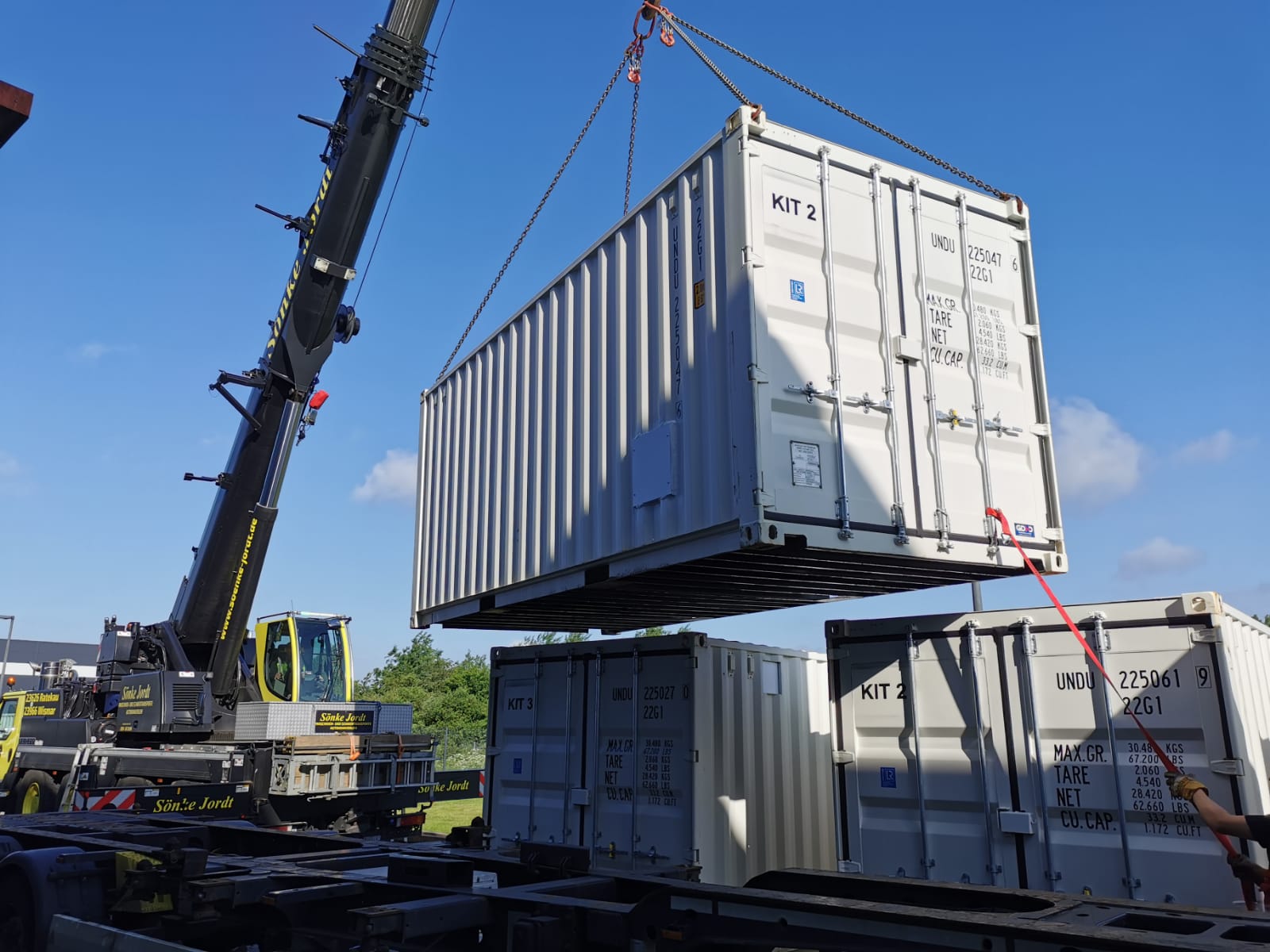
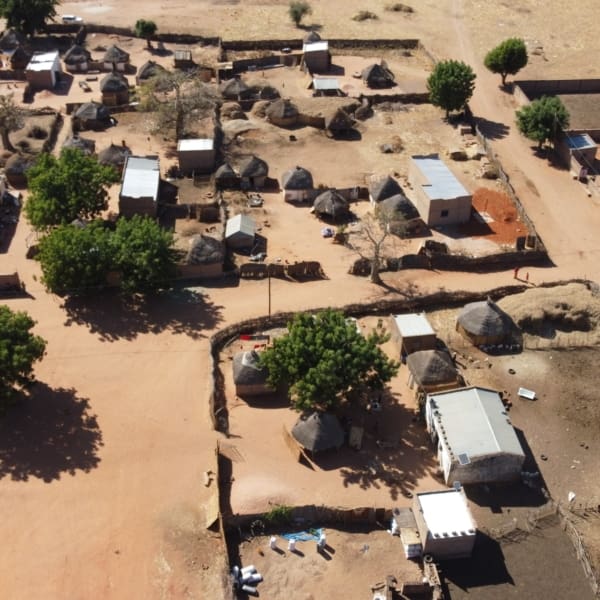
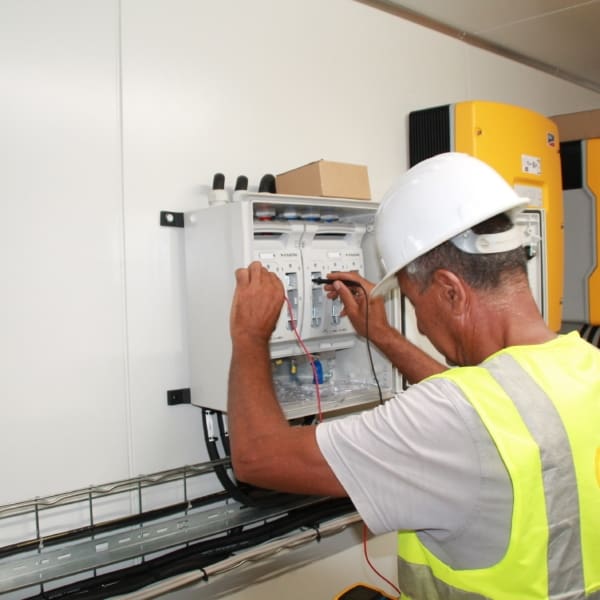
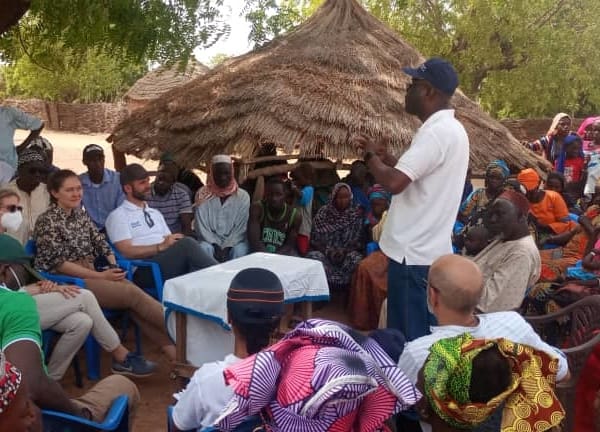
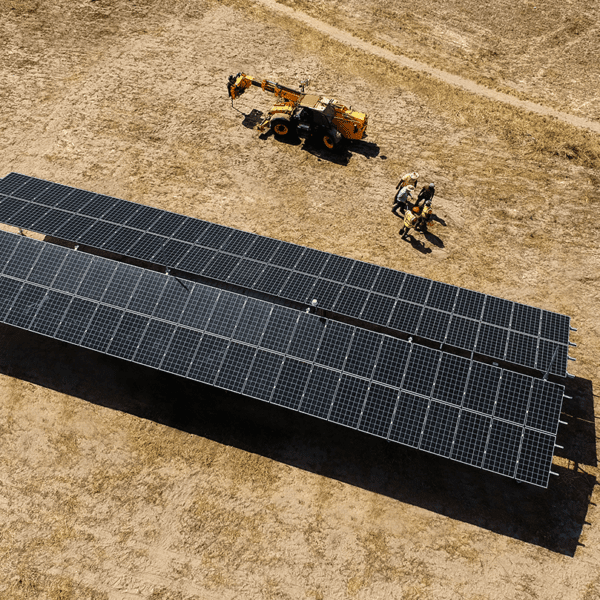
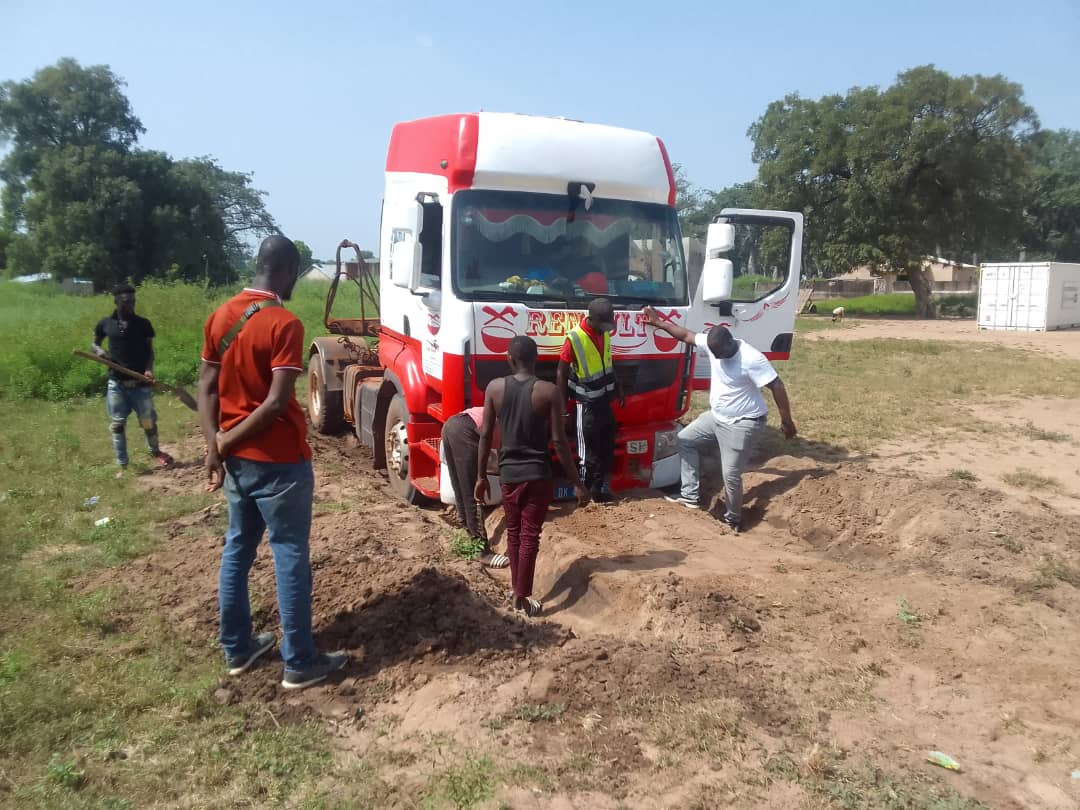
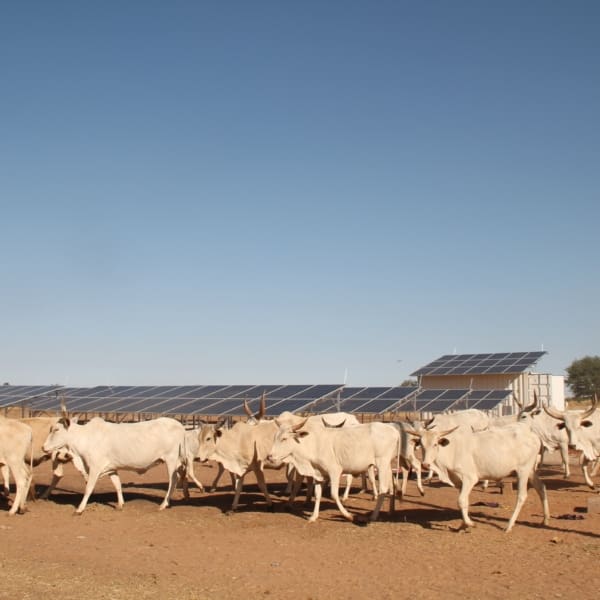
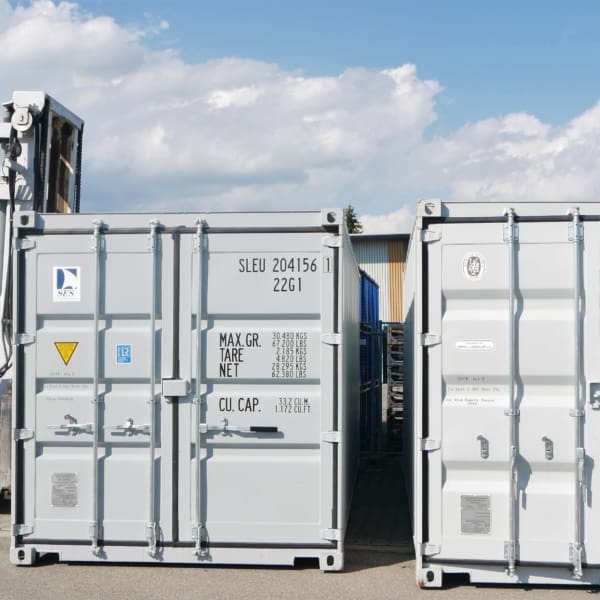
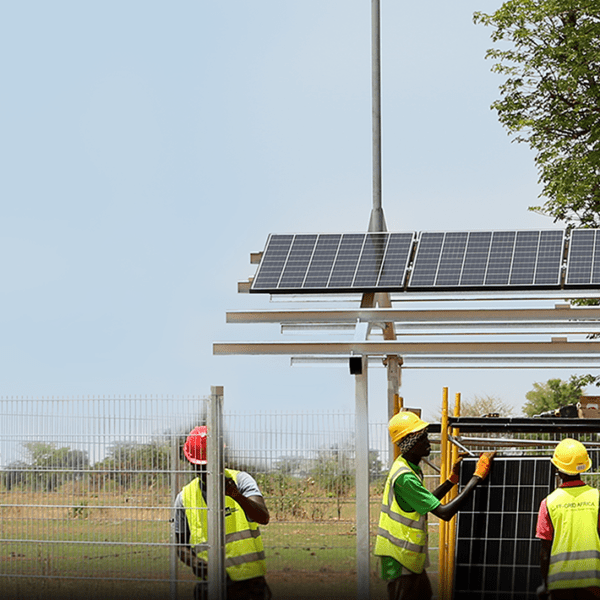
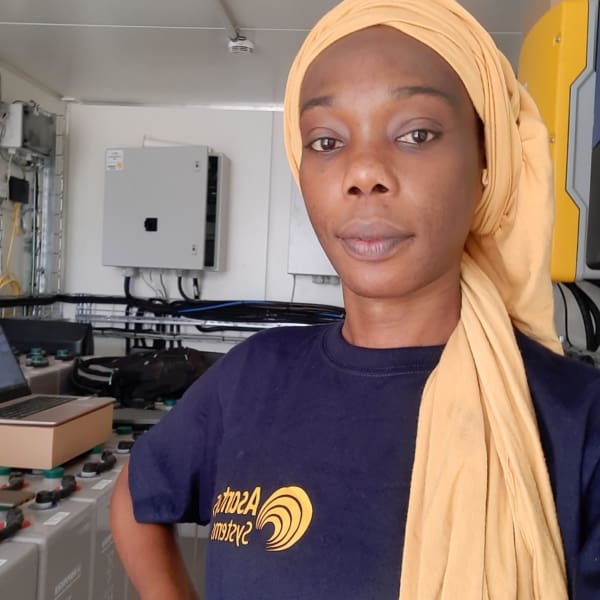
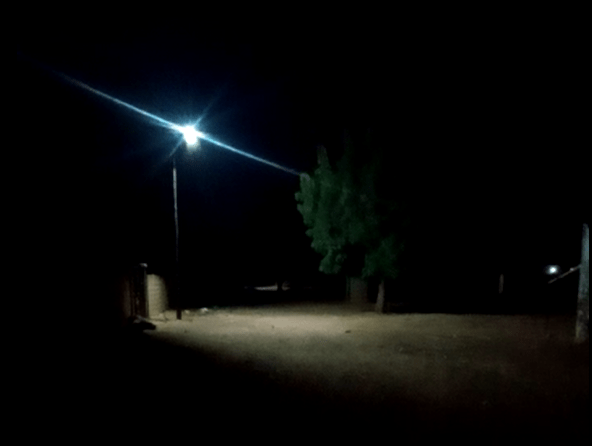
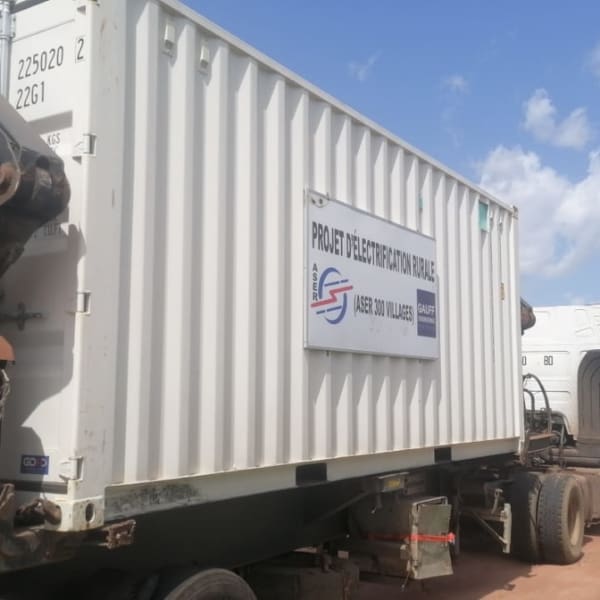
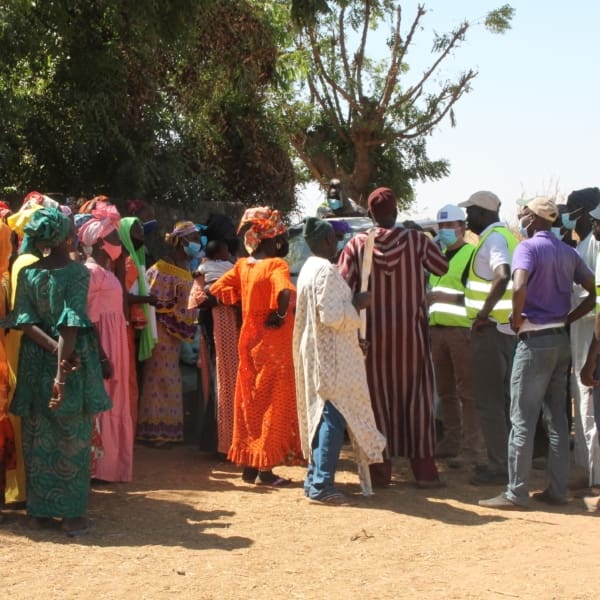
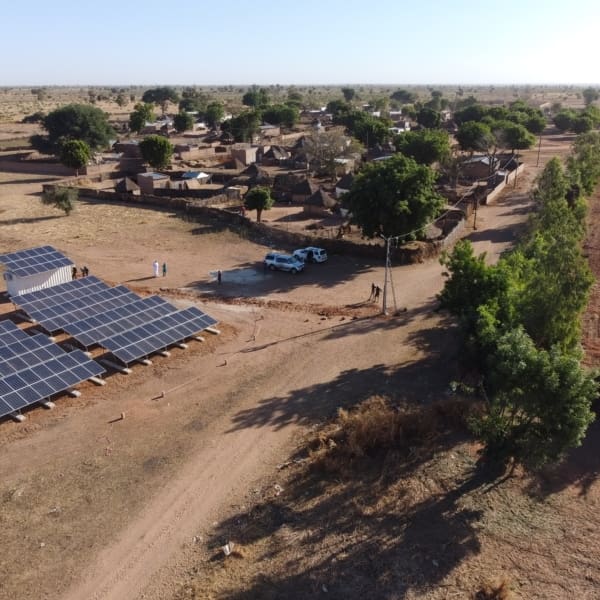
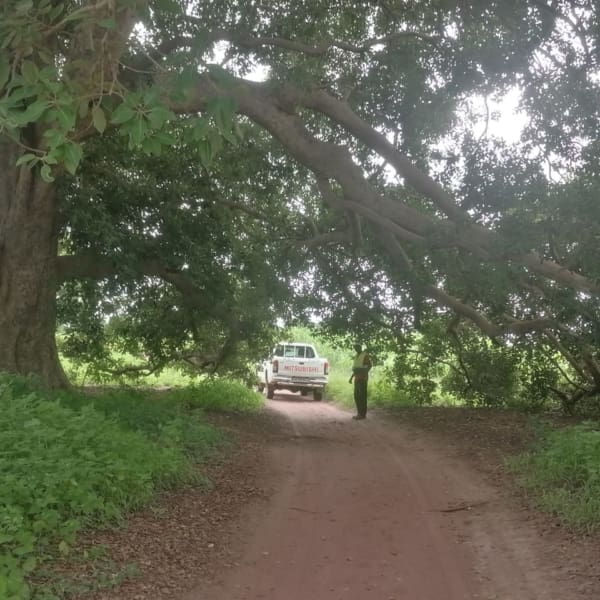
Dear Sir,
We are looking for a foreign technical partner that we form a JV to execute few mini grid construction projects in Nigeria, funded by world bank.
Our company do have a representative based in Chicago, Illinois.
Thank you in advance and we are looking forward to your favorable response.
Regards
SEGUN Elijah Adetula
Md
Hello Segun,
Thanks for your interest.
Our Sales team will get back to you asap.
Sunny regards
Christiane
Hello,
I would like to work on this, something similar for Balochistan province in Pakistan. specially bec:
” Best of all, the technology for the energy supply comes inside a standard shipping container. Once in place, all it needs is sunshine.”
brgds
Shahid.
Hello Shahid,
Thanks for your kind feedback!
Please note that we have to remove external links due to data regulations.
Thank your for your understanding.
Sunny regards
Christiane